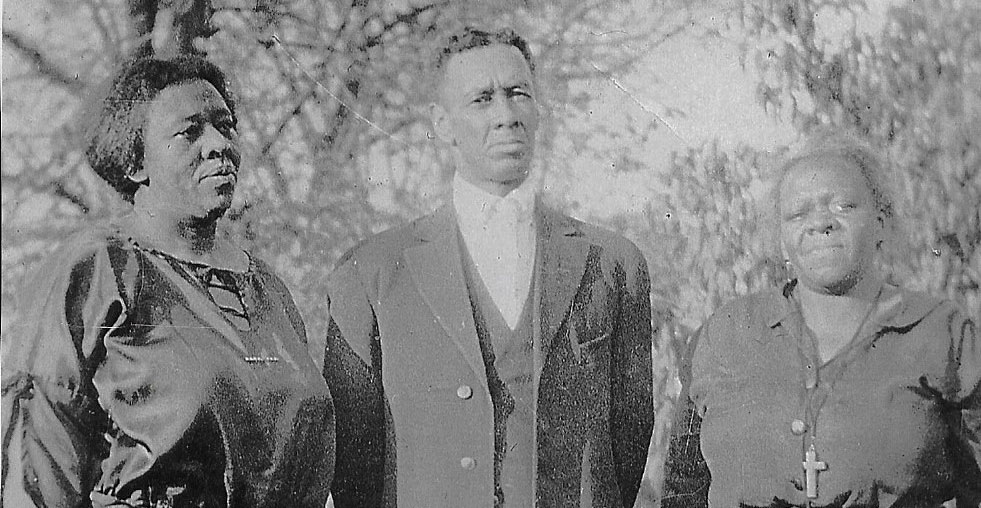My paternal grandfather’s family is from Grenada, Mississippi. My grandfather left the South in his late teens and never talked about his years growing up there. Years after my grandfather died, I reconnected with one of his cousins. When I visited her, she shared family stories with me. Over time, I discovered that my great-great grandmother, Emma, was a healer and a midwife. Emma and her mother, Priscilla, owned land in the segregated South. This land was in our family for at least five generations. They also owned a farm outside the city where they grew vegetables. They sold the produce to members of the community at a roadside stand. Emma was also a seamstress. She would make white dresses for the church mothers who couldn’t afford department store prices for their church uniforms. The family worshipped at Belle Flower Missionary Baptist Church which was one of the headquarters for mass rallies and civil rights meetings during the 1960s. The church was only a block away from their home. Emma and Priscilla cultivated herbal remedies and spiritual technologies to tend to the needs of blacks and poor whites who could not afford to go to a doctor or to the hospital. These remedies and technologies were influenced by indigenous practices used in African American and Mississippi Choctaw traditions. Thus, my grandmothers cultivated extra-institutional ways of caring for, and restoring individuals and the community to health.
My grandmothers didn’t waste anything. They used and repurposed material items to sustain the community and its ecological networks. To support her vocation, Emma’s husband, Pickens, hand carved a rocking chair that fit Emma’s six-foot frame. Emma rocked each baby that she delivered in this rocking chair as a part of their birthing ritual. While she worked in the community as a midwife and healer, Emma also took in and apprenticed young women whose parents had disowned them because they were pregnant and unmarried. She restored these women to their rightful place in community and gave them a purpose and an important role in communal life. In this and other ways, my great grandmothers were not only midwives who facilitated birthing rituals but they were also warrior-healers. Social justice activist and civil rights attorney Fania E. Davis describes warrior-healers as those who facilitate communal justice, restoration, and systemic transformation.[1]
From the Rocking Chair carries on the traditions of midwives, warriors, and healers like my great grandmothers who work in solidarity with those who are marginalized to generate and apply strategies, systems, analyses, prescriptions and practices that enable individuals to give birth to present and future possibilities; engender systemic change; and bring about healing and wholeness to the planet and its inhabitants. The work of community building, justice, and restoration begins with both personal and collective self-reflection and accountability. Knowing our family stories and histories helps to equip us to do this work more effectively.
Invitation: As a part of your own self-reflection, ask some of the elders in your family or community to share stories of your family’s migrations or ancestral memories. Oftentimes a particular family member keeps the family history so you may want to start with them. What do these stories reveal about certain strengths, gifts or tensions in your family? How do these stories call for celebration, healing, reconciliation, or restoration? How do these stories inspire you to act or spark your imagination? Please note that asking some elders about the past and uncovering ancestral memories may trigger issues of trauma or bring up unresolved anger or hostilities. Family members may more readily share memories during mutual experiences or creative tasks like looking at photo albums, cooking, dining, walking, barbecuing, or quilting. In this time of social honoring you may find letter writing, phone calls or “FaceTime” more appropriate. Respect the fact that some elders may not want to talk. Don’t push. Be patient and gentle. Seek support when you need it. Below are some resources you might want to use to support you as you reflect.
[1] Davis, Fania. The Little Book of Race and Restorative Justice: Black Lives, Healing, and US Social Transformation. New York: Good Books, 2019. p 71.
Resources
Resmaa Menakem. My Grandmother’s Hands: Racialized Trauma and the Pathway to Mending Our Hearts and Bodies. Las Vegas: Central Recovery Press, 2017.
https://www.resmaa.com/about and https://www.resmaa.com/resources

